Ordinary People Can Become Heroes
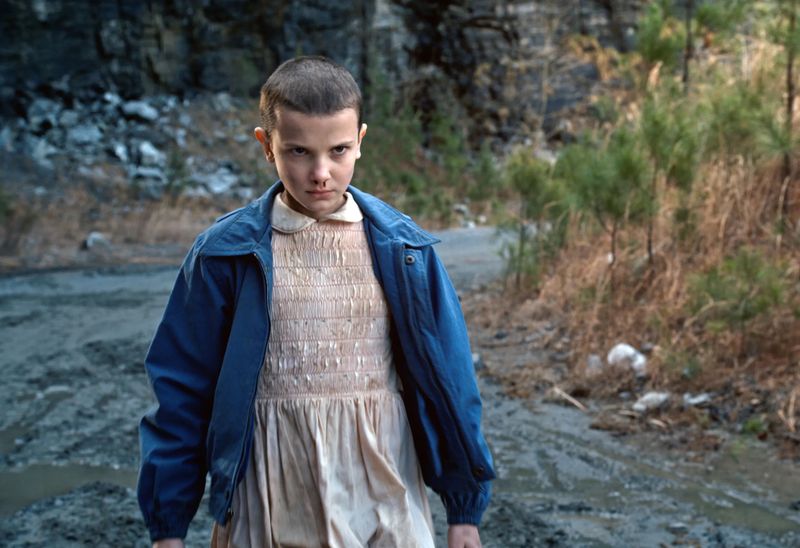
The hit Netflix series ‘Stranger Things’ captivated audiences with its supernatural mysteries and nostalgic 80s vibe. Beyond the monsters and mayhem, the show delivers powerful messages about human connection and bravery. As the kids of Hawkins face interdimensional threats, they demonstrate values that resonate with viewers of all ages.
1. Stand by Your Friends, No Matter What
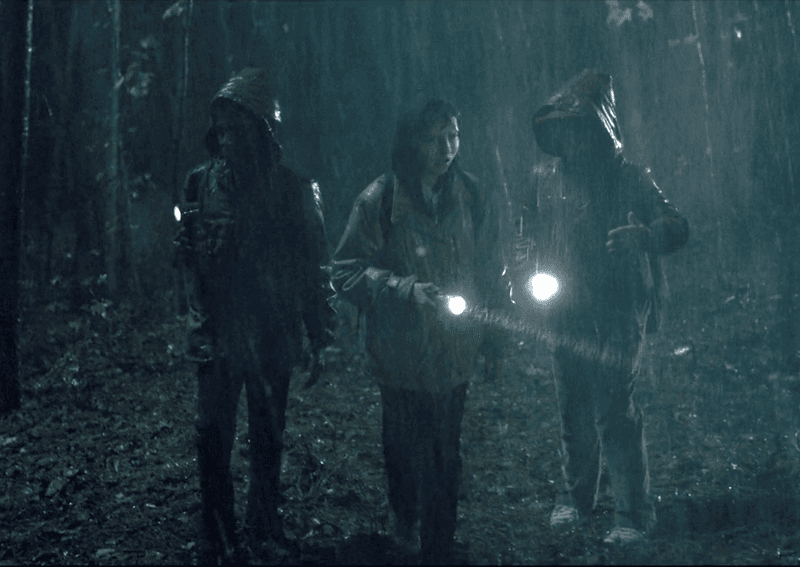
When Will Byers vanished into thin air, his friends refused to give up searching for him. Even when adults dismissed their concerns and evidence pointed to his death, Mike, Dustin, and Lucas kept looking.
Their unwavering loyalty became the backbone of the entire series. They faced demogorgons, mind flayers, and government conspiracies together, proving that true friendship means showing up when others walk away.
The bond between these kids reminds us that standing by someone during their darkest moments isn’t just nice—it’s necessary. In our own lives, being that reliable friend can make all the difference to someone who’s struggling.
2. Embrace Each Other’s Differences
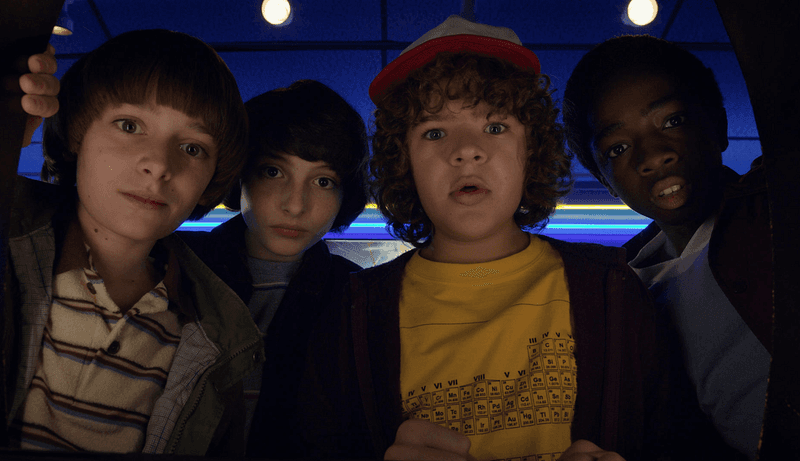
The unlikely heroes of Hawkins showcase a beautiful tapestry of unique personalities. Eleven’s mysterious powers, Dustin’s encyclopedic knowledge, Lucas’s practical skepticism, and Mike’s leadership all combine to create an unstoppable team.
Rather than trying to fit each other into boxes, they celebrate what makes each person special. When Eleven first appears with her shaved head and limited vocabulary, the boys don’t reject her strangeness—they welcome it.
Their friendship thrives precisely because they’re different, not in spite of it. This teaches us that our quirks and oddities aren’t flaws to hide but strengths that make us irreplaceable in our own friend circles.
3. Face Your Fears Together
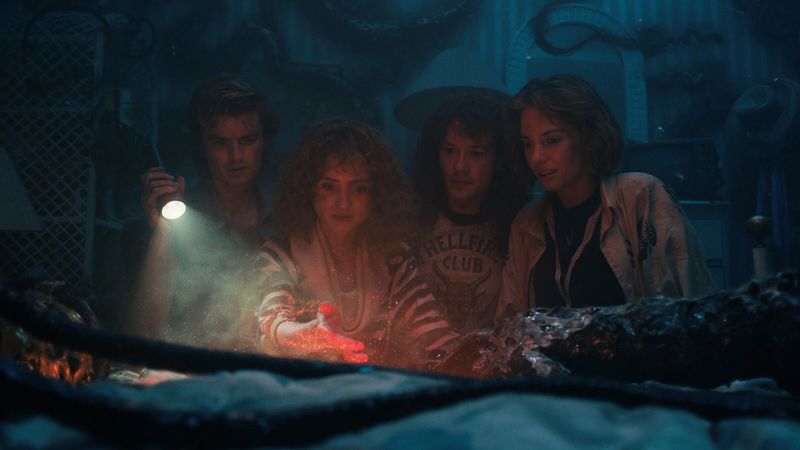
Terror lurks around every corner in Hawkins, from the Upside Down’s shadow monsters to the Mind Flayer’s possession. What’s remarkable isn’t that the kids experience fear—it’s that they acknowledge it and move forward anyway.
Remember when Dustin and Steve faced those demo-dogs in the junkyard? They were terrified but stood their ground together. The show brilliantly illustrates that courage isn’t the absence of fear but facing it with friends by your side.
This lesson extends beyond battling supernatural creatures. Whether it’s starting a new school, standing up to bullies like Troy, or navigating first relationships, sharing our fears makes them less overwhelming.
4. Forgiveness Opens New Doors
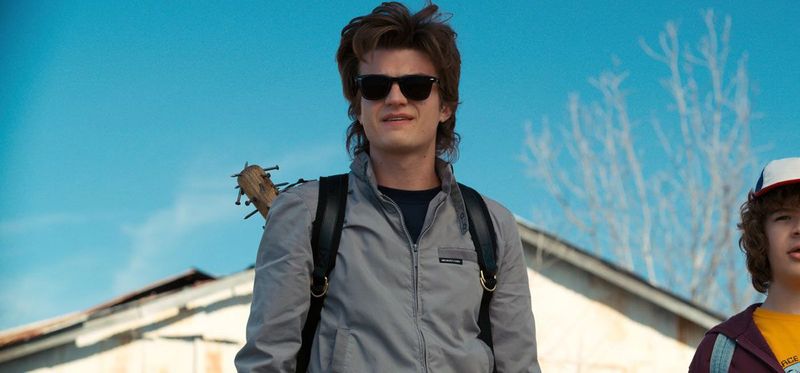
Steve Harrington’s transformation from arrogant bully to beloved babysitter showcases the power of second chances. His redemption arc begins when Nancy confronts his behavior, but truly blossoms when the younger kids accept him into their circle.
Max’s integration into the party follows a similar path. Initially viewed with suspicion as an outsider, she earns trust through her actions and eventually becomes essential to the group.
The show beautifully illustrates that people can change when given the opportunity. By forgiving past mistakes rather than holding grudges, the characters create space for meaningful growth and unexpected friendships that ultimately strengthen their collective ability to face challenges.
5. Loyalty Shines in Darkness
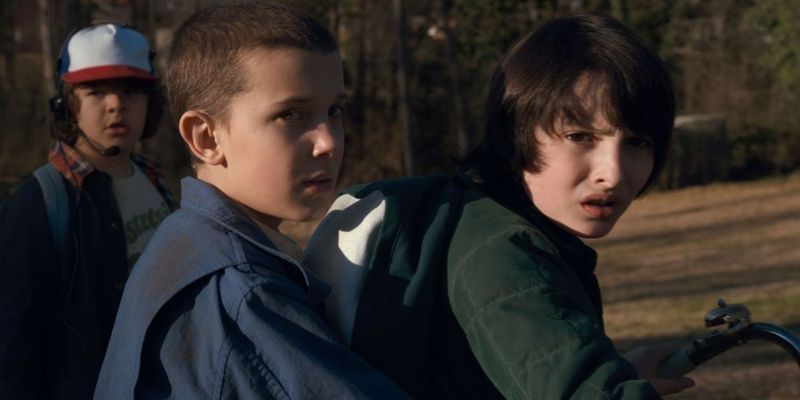
When Mike hid Eleven in his basement despite the risks, he demonstrated extraordinary loyalty. His willingness to protect her from government agents, even lying to his parents and friends initially, showed remarkable courage for a young boy.
Nancy’s relentless search for justice for Barb, even when everyone else had moved on, exemplifies similar dedication. She refused to abandon her friend’s memory, regardless of personal cost or public opinion.
These moments teach us that loyalty often means making difficult choices. The truest test comes not when allegiance is easy, but when it requires sacrifice. The characters consistently choose what’s right over what’s convenient, establishing a moral compass that guides viewers through their own challenging decisions.
6. Stand Up Against Injustice
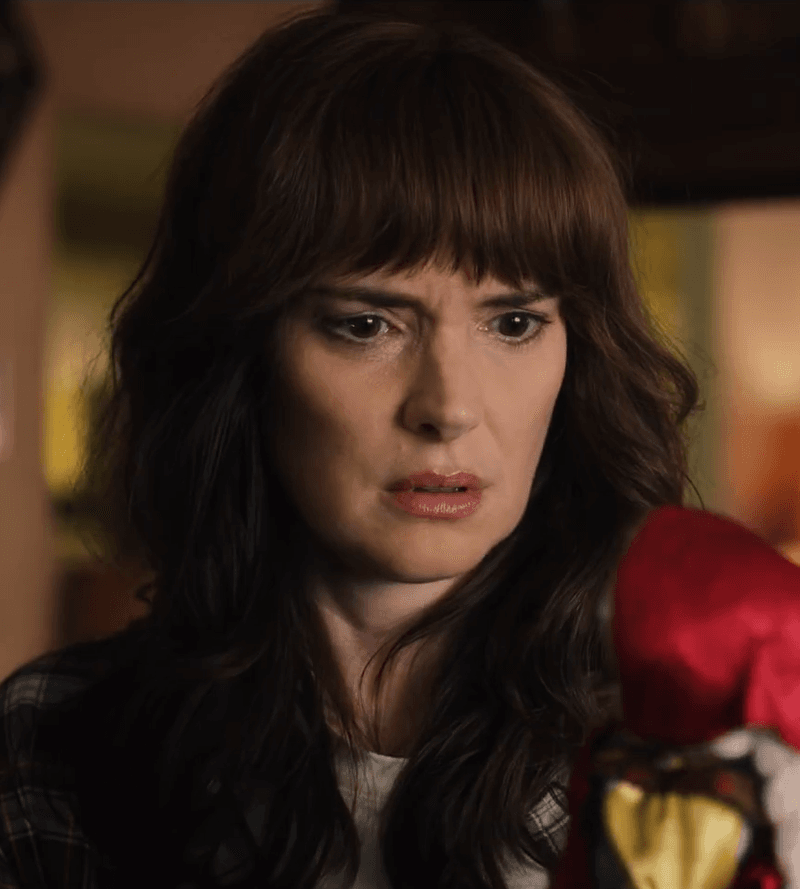
The kids of Hawkins repeatedly challenge authority figures who abuse power. From confronting Dr. Brenner’s unethical experiments to questioning Chief Hopper when he seemed to betray them, they refuse to accept injustice simply because it comes from adults.
Joyce Byers demonstrates similar resolve when officials dismiss her missing son as a runaway. Her determination to uncover the truth, despite being labeled unstable, exemplifies speaking truth to power.
This courage to question established systems resonates deeply with viewers. The show reminds us that standing up for what’s right often means being the dissenting voice in the room. True heroism sometimes looks like a group of kids on bicycles challenging a government laboratory’s cover-up.
7. Protect Those You Love at All Costs
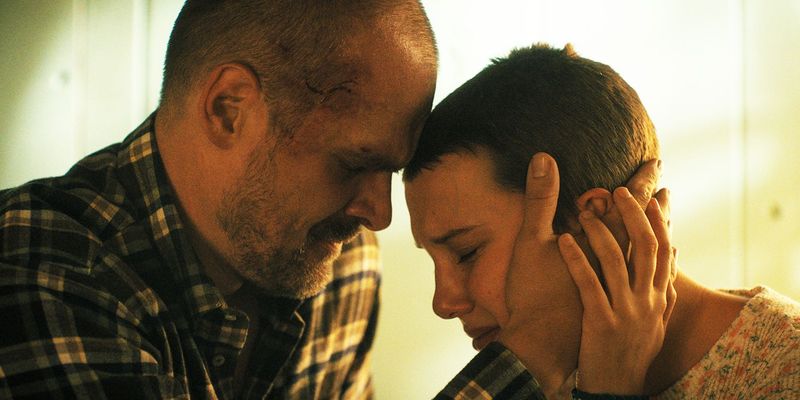
Hopper’s transformation from jaded police chief to Eleven’s protective father figure showcases the lengths we go to for those we love. His willingness to face interdimensional monsters and Russian operatives stems from his commitment to keeping her safe.
Joyce demonstrates similar devotion, never wavering in her belief that Will was alive when everyone else had given up. Her maternal instinct drives her to communicate through Christmas lights and face terrors alone.
Even the younger characters embody this protective spirit. Jonathan’s dedication to his family and Mike’s fierce defense of Eleven remind us that protection isn’t about physical strength but about showing up when it matters. Love compels ordinary people toward extraordinary bravery.
8. Asking for Help Shows Strength
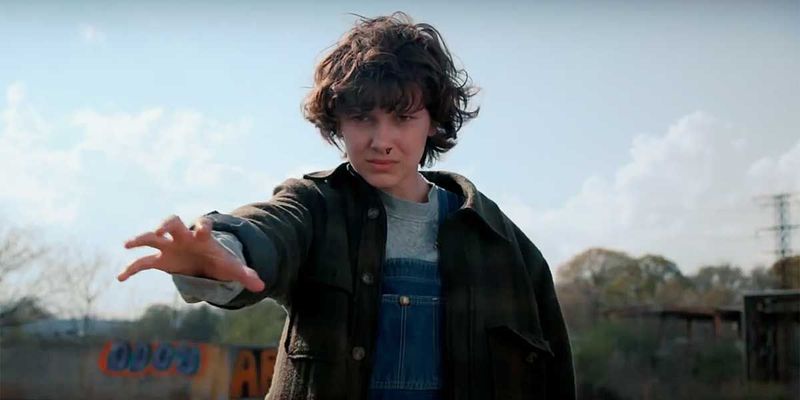
The kids of Hawkins initially try tackling supernatural threats alone. Their eventual realization that they need adult allies like Hopper, Joyce, and Steve marks a turning point in their survival strategy.
Eleven’s journey particularly highlights this lesson. Her transformation from isolated test subject to someone who learns to depend on friends represents tremendous growth. When she seeks out Kali to help control her powers, she demonstrates that seeking assistance isn’t weakness but wisdom.
This counters our culture’s celebration of self-sufficiency. The show suggests that independence has limits—sometimes survival depends on vulnerability. By acknowledging what we can’t handle alone, we open doors to solutions we couldn’t discover in isolation.
9. Hard Times Forge Stronger Bonds

The unlikely friendship between Steve and Dustin emerges from crisis. What begins as reluctant babysitting evolves into genuine mentorship, with Steve offering dating advice and Dustin providing intellectual insights.
Similarly, Nancy and Jonathan’s relationship develops through shared trauma. Their mutual grief over Barb and Will creates understanding that transcends their different social circles.
These connections remind us that difficult experiences often reveal who truly belongs in our lives. While we might not face demogorgons, our personal challenges—loss, failure, illness—can deepen relationships in unexpected ways. The crucible of hardship burns away superficial connections and strengthens meaningful ones, leaving us with fewer but more authentic bonds.
10. Belief in Each Other Creates Miracles
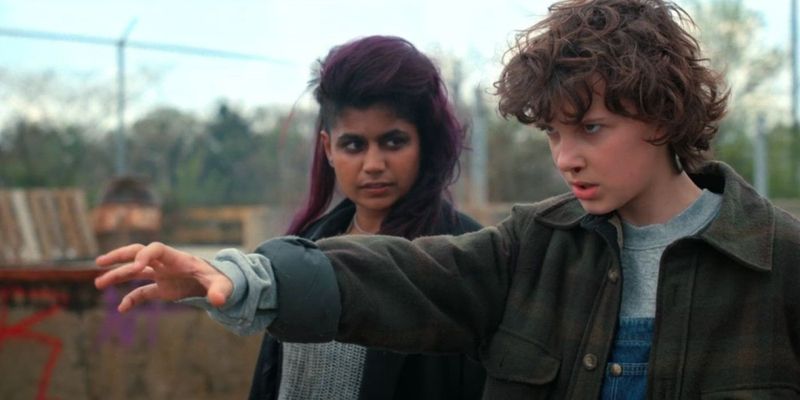
Mike’s unwavering faith in Eleven’s abilities gives her confidence when she doubts herself. His constant reassurance that she’s not a monster but a hero helps her embrace her powers rather than fear them.
Joyce’s absolute conviction that Will is communicating from the Upside Down, despite all evidence suggesting otherwise, ultimately leads to his rescue. Her belief never wavers, even when others think she’s having a breakdown.
This mutual belief creates a foundation for impossible achievements. The show beautifully illustrates how someone else’s faith in us can help us accomplish what we never thought possible. When friends see potential in us that we can’t see ourselves, they help us become the heroes of our own stories.
11. Friends Don’t Lie – Honesty Builds Trust
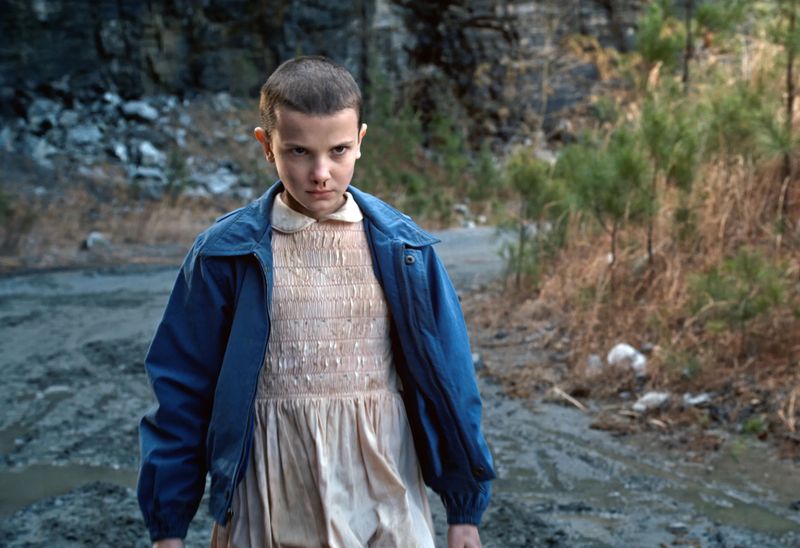
“Friends don’t lie” becomes Eleven’s mantra, a simple but profound ethical guideline she adopts from Mike. This principle becomes their north star through increasingly complex situations.
When deception enters their relationships—like when Hopper hides the truth about the gate or when Mike lies about why he can’t spend time with Eleven—the consequences ripple through their connections. The show doesn’t shy away from showing how even well-intentioned dishonesty damages trust.
This straightforward rule offers wisdom beyond Hawkins. In a world of “little white lies” and strategic omissions, Stranger Things advocates for radical honesty as the foundation of meaningful relationships. Truth-telling becomes not just a moral choice but the glue that holds their friendship together.
12. Girls Supporting Girls Changes Everything

Max and Eleven’s friendship offers a refreshing departure from female rivalry tropes. Their mall adventure, complete with fashion experimentation and ice cream, showcases the joy of girls uplifting each other without competition.
When Max introduces Eleven to Wonder Woman comics and encourages her independence, she helps reshape Eleven’s understanding of female power. Their relationship demonstrates how friendship between young women can be a source of empowerment rather than jealousy.
This solidarity becomes crucial when facing threats in later seasons. Their mutual support reminds viewers that while romantic relationships may come and go, friendship between girls provides essential strength and validation. Their bond illustrates how female friendship serves as both sanctuary and launching pad for personal growth.

Comments
Loading…